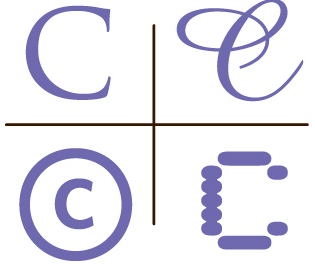 Articles from dictionaries, general and subject encyclopedias, handbooks, atlases, and more.
Articles from dictionaries, general and subject encyclopedias, handbooks, atlases, and more. Gale eBooks
 Selected dictionaries, encyclopedias, and reference books in many subjects.
Selected dictionaries, encyclopedias, and reference books in many subjects. Articles in all subjects from scholarly journals, magazines, and newspapers. An all-purpose database and often a good place to start.
Academic OneFile (Gale)
 Articles in all subjects from scholarly journals, magazines, and newspapers. An all-purpose database.
Articles in all subjects from scholarly journals, magazines, and newspapers. An all-purpose database. JSTOR
 Scholarly articles, ebooks, and primary sources in the social sciences, humanities, earth and biological sciences, and more. Includes images from libraries, museums, and archives.
Scholarly articles, ebooks, and primary sources in the social sciences, humanities, earth and biological sciences, and more. Includes images from libraries, museums, and archives. Looking for more?
Try the Library's Combined Search of article databases, books, etc.
Combined Search helps find articles, books, and videos from the library collection.
Note: Combined Search results include both online content and paper books available for pickup at the library. Follow these instructions to request a book (PDF) be held for pickup.
Book Search searches the listing of books and ebooks available at the Normandale Library.
Note: Book Search results include both online ebooks and paper books available for pickup at the library. Follow these instructions to request a paper book (PDF) be held for pickup.
1. Synonyms or alternate terms
2. Broader ideas
3. Narrower ideas
4. Related ideas
Watch this video from the library at California State University at San Bernardino to see how to turn your topic into keywords to search the library databases with.

Call, e-mail, or chat with a librarian for more research assistance. We're happy to help!
(952) 358-8290
Email
 Lacey Mamak
Lacey MamakReference and Instruction Librarian
lacey.mamak@normandale.edu
Note: Your chat question may be directed to a librarian from another college when Normandale librarians are unavailable.
To access databases and other Library resources, login with your StarID and password when prompted. Access is only available to current Normandale students and employees.
See MLA citation examples for the most common types of sources (9th edition).
MLA Formatting and Style Guide (OWL at Purdue)
This website offers examples for the general format of MLA research papers, in-text citations, and the Works Cited page. Uses MLA 9th edition.
Are Notes Compatible with MLA Style?
Consider the source's –
A = Author
P = Publication
P = Point of View
S = Sources